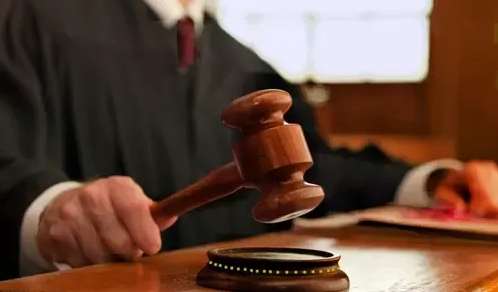Earlier in the week, the Governor’s Office announced a ban on gathering in groups of 50 or more people. This limitation was immediately challenged in court, and a judge has ruled in favor of the state.
Related:
Judge John Kissinger, in upholding the ban, wrote that he “cannot imagine a more critical and important public objective than protecting the citizens of this state and this country from becoming sick and dying from this pandemic.”
Kissinger did recognize that the declaration is for a limited time period and that statute allows the Legislature to address constraints on the governor exercising his power. He also said, should the situation change at some point, “the doors to the court are open.”
I had a similar thought about the restriction. Where or how does the state get the authority to make such declarations? I found an answer at Reason.com.
A key constitutional foundation of the American system of federal powers is that the national government is one of enumerated powers specified in the text of the written Constitution but that state governments are ones of general jurisdiction which hold the residual of public power, lacking only the exceptions that have been specifically carved out by written constitutions. Traditionally, this doctrine was known as the “police power,” which was conventionally understood to include the power of the state to make all necessary laws to protect the welfare, safety, morals and health of the community.
Author Keith E. Whittington adds that these police powers are, “what allows local governments to authorize health inspectors to examine the kitchens of restaurants and order them to close if they discover problems.”
- It is what allows fire marshals to limit the number of people who can occupy a public venue.
- It is what allows police officers to arrest people for urinating in the street.
- It is what allows government officials to prevent you from just accumulating mounds of garbage in the backyard of your suburban home.
- It is what allows government officials to tell you that you cannot keep a Bengal tiger as a pet in your house.
- It is what allowed states to ban free-standing billiard halls or bowling alleys as contributing to public disorder.
It is up to the people and the courts to define and limit these powers, restrained (rarely and not always very well) by written constitutions. Instruments upon whose infringements our courts are meant to weigh, though not always very well.
But Judge John Kissinger did write that the legislature has powers to act upon the governor and the court may, at any time, constrain them both, could the situation change.
I’ll believe it when I see it.
| CBS 4
